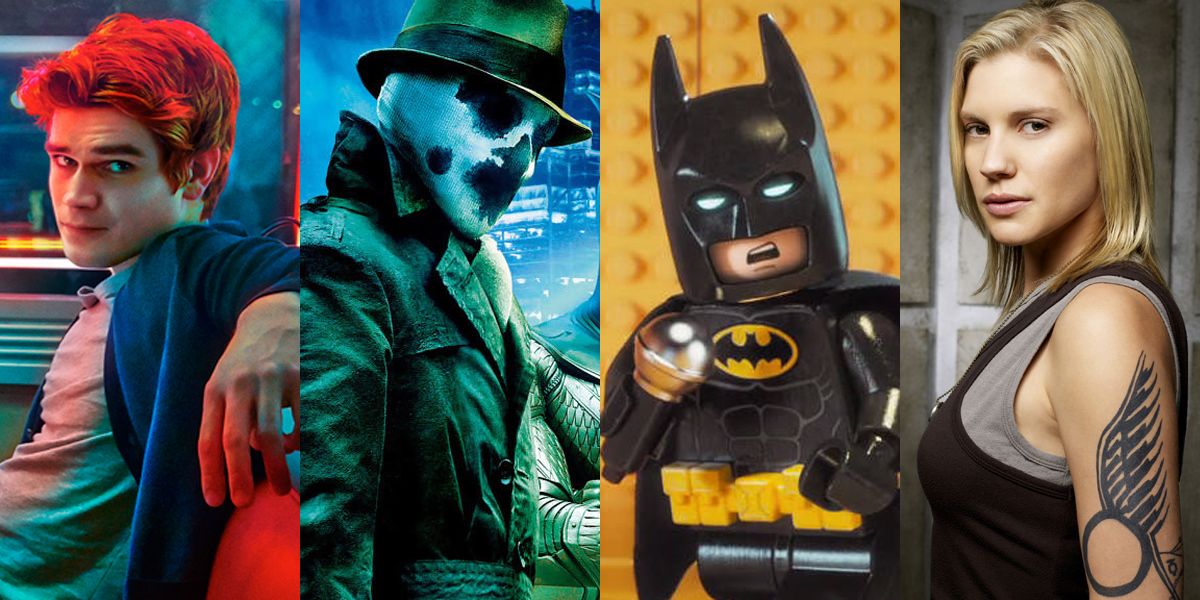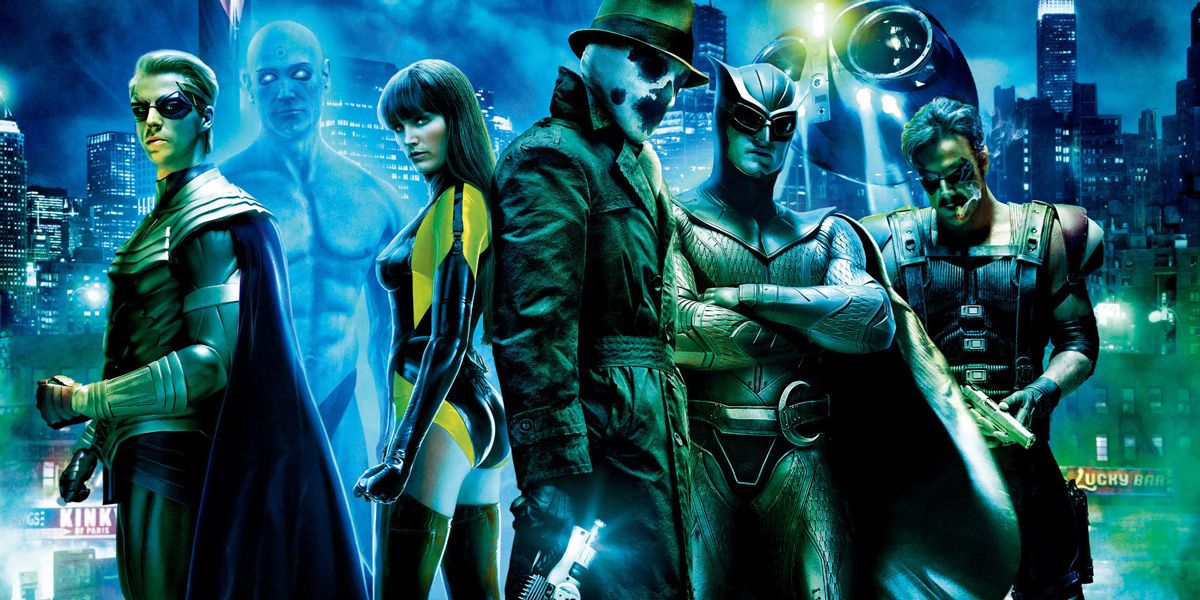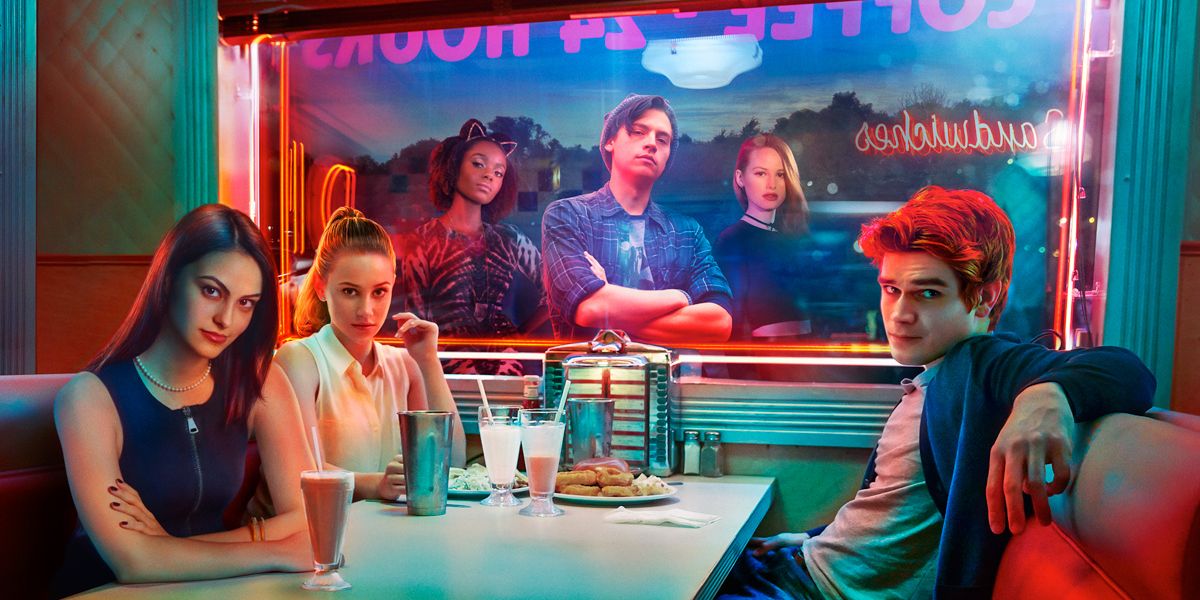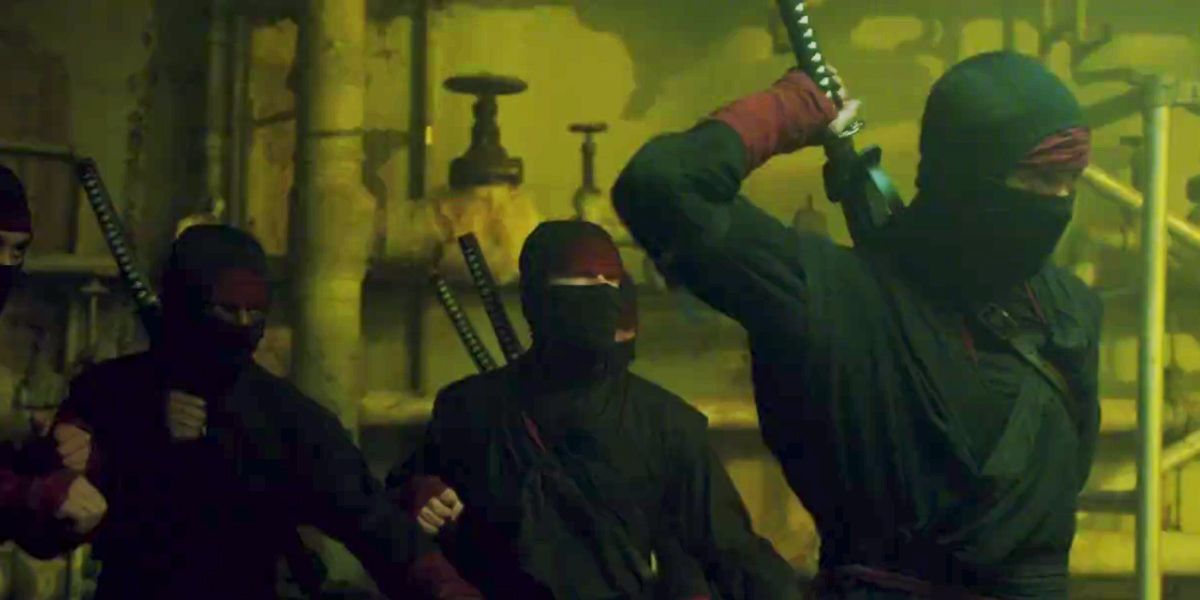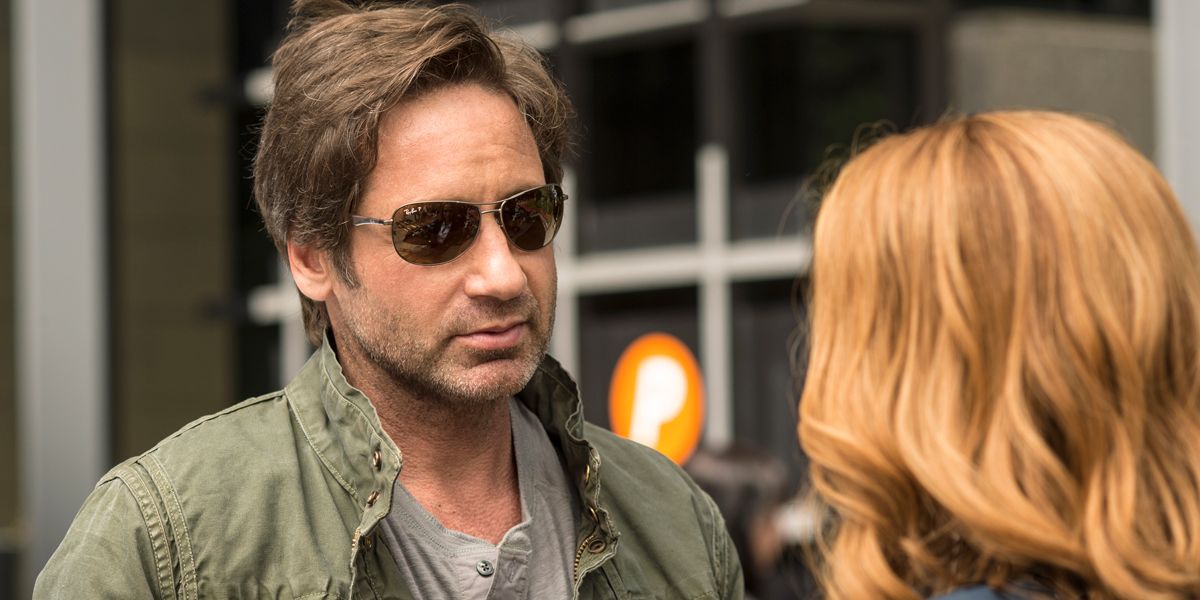Comic fans can be notoriously skeptical when it comes to adaptations and reboots. Sure, we're excited to see our favorite stories on screen, but will the adaptation be true to the spirit of the original? Some go even further, worrying about seemingly minor changes, seeing gloom and doom in every minor change, from Spider-Man's webbing to which world war Wonder Woman fought in.
Maybe we shouldn't be so obsessive: Some of the worst comics-inspired films have been those that have sought absolute fidelity to the source material, while some of the best have been those that treated adaptation not as translation, but as remix.
Take Zack Snyder's "Watchmen," which is the epitome of literal translations. Aside from a few relatively minor changes — the introduction of an opening credits montage, the excision of "The Black Freighter" comics for time, and the change in the third-act threat — the director approaches the seminal comic by Alan Moore and Dave Gibbons as a strict constructionist, in many places using panels as storyboards. But the result, while true to the source material, is devoid of life and, ultimately, boring. The pacing and story beats that made the comic so successful don't work nearly as well when translated to another medium. By remaining too true to the comic, Snyder's "Watchmen" largely failed as a film.
Meanwhile, one of the biggest recent hits in comics-inspired media is The CW's "Riverdale." While the characters (with the major exception of Jughead) are easily recognized from their Archie Comics origins, the television series also draws inspiration from the teen dramas that have been the bread and butter of the network (and The WB before it), with a liberal dash of suburban noir. The show feels a lot like the producers placed an old "Archie" digest, some "Dawson's Creek" DVDs and a 35mm print of David Lynch's "Blue Velvet" into a blender, resulting in a delicious "Riverdale" smoothie. It's absolutely spellbinding how well the dramatically different parts merge together.
"Riverdale" isn't the first time Archie Comics has experimented with remixing its classic stories. The past few years have been one remix after another, as Archie and pals have met the Ramones, survived a Sharknado and fought off a Predator. And that's not even counting the horror imprint's "Afterlife with Archie" and "Chilling Adventures of Sabrina." Remixing the classic stories with other genres and new ideas has infused them with life, introducing characters that had grown stale to new audiences.
Another recent example is "The LEGO Batman Movie," which has been called the best Batman movie ever. The film keeps the emotional core of Bruce Wayne's story (and even plays up his psychological trauma to a degree we've never seen before) and the grimness of Gotham City, but blends in the fun and creativity of LEGO. It is a spectacular achievement, simultaneously funnier and more emotionally compelling than any adaptation of the Dark Knight since "Batman: The Animated Series."
Marvel Studios has succeeded largely on the basis of remixing some of Marvel's greatest stories to form the basis of the MCU. They have kept what works, tossed out what doesn't, and added new elements when needed. Tony Stark was always a billionaire playboy full of hubris, but rarely was he as snarkily charming as Robert Downey Jr. With "Iron Man," Marvel leaned hard into action comedy, and the result changed the course of superhero movies forever.
On the other hand, where Marvel Studios has faced criticism, it's more often than not for its failure to change problematic aspects of the original stories, or for altering them in ways that didn't address the issue head on. Both "Doctor Strange" and "Iron Fist," for instance, have been criticized for "white savior" elements in their central narratives, and Season Two of "Daredevil" suffered from the failure to update the Hand, which felt more like an unending string of ninja mooks than a well-developed organization with a coherent purpose. In all of these cases, hewing too closely to the source material made the adaptations weaker.
Remakes and relaunches can also benefit from remixing the original with contemporary sensibilities. While nostalgia for the original "Battlestar Galactica" was strong, what made the 2003-2009 relaunch successful was that it took what worked from the original — the Cylons, the search for the lost colony of Earth, and the basic outlines of some of the characters — and remixed it with the political drama of "The West Wing," the anti-terror intrigue of "24," and even a dash of religious media like "Left Behind." The result was something recognizable, but wholly different — and much more enjoyable.
Of course, making changes to beloved franchises is always controversial, and fans of the 1978 "Battlestar Galactica" were especially vocal about their worries over the relaunch, with particular focus placed on the change of Starbuck from a man to a woman. Even the oginal series' Starbuck, actor Dirk Benedict, got in on it, drafting a screed on his website titled "Starbuck: Lost in Castration." How funny, then, that Starbuck would become a fan-favorite character in the revival, or that actor Katee Sackhoff would become so immensely popular in geek circles.
A number of projects have been subjected to this nostalgia-inspired hatred in recent years, most notably last year's "Ghostbusters" remake, which faced a sustained campaign for months before (and after) its release. "Ghostbusters" was almost a perfect storm for fan blowback: It dashed fan expectations by coming after years of hints that there might be a "Ghostbusters 3" with the original cast; it was yet another reboot in a decade that seemed to be nothing but rehashes of old hits; and its gender-bent casting became a symbol of everything Gamergaters and Breitbart saw as wrong with "social justice warriors" trying to make geek culture more inclusive.
As with "Battlestar Galactica," however, the 2016 "Ghostbusters" reboot is a lot of fun, and it's fun precisely because it takes what's great about the original — bustin' ghosts, the team dynamic — and mixes it up with the sensibilities of "Bridesmaids." (It's no coincidence that Kristen Wiig and Melissa McCarthy starred in both movies.)
Meanwhile, the past several years have also brought a string of revivals of TV franchises from 10, 15, or even 20-plus years ago. Everything from "Full House" to "The X-Files" has gotten a revival with its original cast. But, while most of these have been commercial successes, they have by and large been critically panned as lifeless, surviving only by the power of nostalgia and diminished expectations. As a hardcore fan of "The X-Files," I was disappointed that with the exception of a more curmudgeonly Old Man Mulder, the revival stayed so close to the original formula, ultimately making it feel like an unnecessary addendum, rather than a vital new chapter. By replicating what came before, without adjusting the tone or mixing in new ideas, the new season simply fell flat.
This isn't to say, though, that all remixes work out. Sometimes, the beats are just too different to work together, as when Josh Trank infamously played up the body horror and existential angst in his adaptation of "Fantastic Four." Not everything blends well together, and not all good ideas are implemented well in the final work; remixing won't save a movie from bad writing, bad direction, and bad acting.
What remixing can do is breath life into a series or genre that has started to feel stale and boring. And it works both ways, with comics regularly borrowing from popular movies and TV shows. (It's no coincidence "Guardians of the Galaxy" feels so much like a mashup of "The Avengers," "Star Wars," and "Firefly," and "Iron Fist" was itself directly inspired by the Bruce Lee movies of the 1970s.)
For better or for worse, it's the constant borrowing and remixing that has kept superhero comics, TV, and movies remain fresh after more than 75 years.

